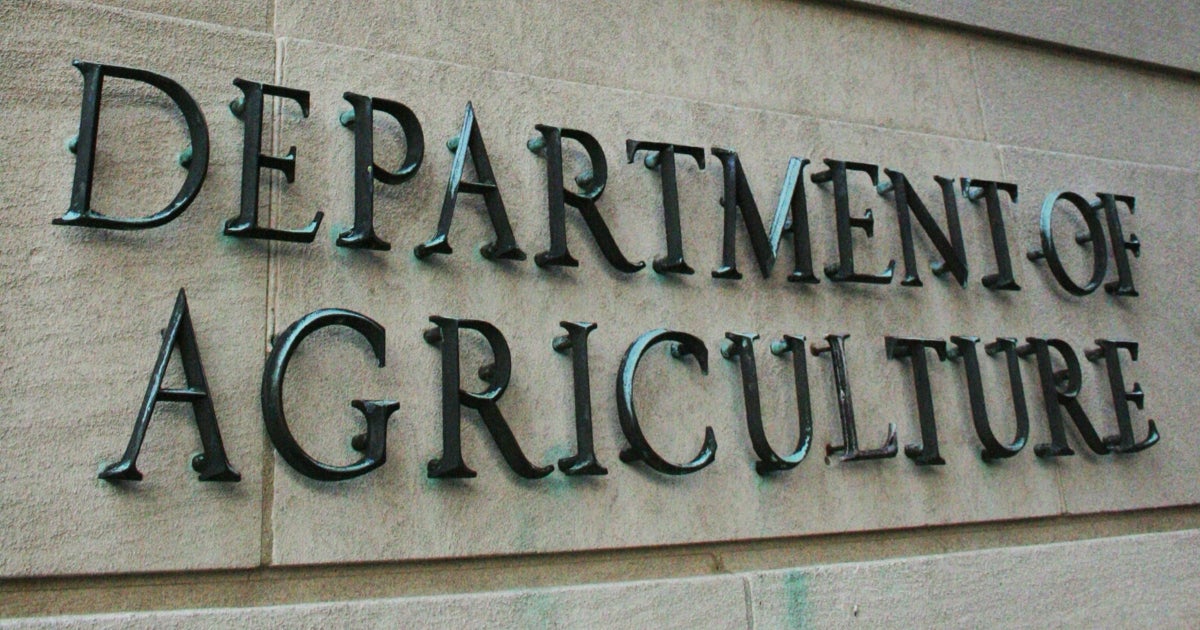The next farm bill can jump-start agricultural conservation. Here’s how.

Benjamin Franklin, an experimental farmer and author of Poor Richard’s Almanac, once said that in order to succeed, you must jump as quickly at opportunity as you do at conclusions.
The 2018 farm bill is an opportunity for agriculture policy to champion locally led projects, new ideas and entrepreneurship. Such policies can move the needle on conservation outcomes with relatively minimal investment from the federal government. So let’s jump quickly.
In the face of a changing climate, growing population and complex macroeconomic shifts, agricultural resiliency is more important than ever. We need to protect water quality, address climate impacts, establish species habitat and maintain farm profitability. Government alone can’t accomplish these goals. But smart policies can catalyze investments and innovations that do.
The Regional Conservation Partnership Program (RCPP) exemplifies this dynamic. Established in the 2014 farm bill, RCPP expands the reach of USDA programs by bringing local and regional governments, universities, nonprofit organizations and the private sector to the table. RCPP is a powerful engine for delivering conservation results. Now is the time to put it into overdrive.
[Tweet “How the next farm bill can jump-start agricultural conservation, via @GrowingReturns.https://edf.org/Xik”]
Bipartisan support for RCPP improvements
“Conservation is a participatory sport, and the price of playing shouldn’t be prohibitively expensive.”
A bipartisan bill introduced by U.S. Senators Debbie Stabenow (D-Mich.) and Joni Ernst (R-Iowa) takes important steps to expand and strengthen the program. The Regional Conservation Partnership Program Improvement Act makes RCPP easier to use, gives partners freedom to test new ways to achieve conservation goals, and targets funding to projects and regions where investment will have the greatest impact.
Crucially, the proposed RCPP updates focus on accelerating innovation, scaling adoption and measuring outcomes – key elements for advancing meaningful on-farm conservation.
Expanding the conservation team roster

Conservation is a participatory sport, and the price of playing shouldn’t be prohibitively expensive. To scale conservation, the next farm bill needs to remove barriers to entry.
An extensive application process and strict funding requirements have had the unintended consequence of discouraging program participation. A streamlined application process would bring more partners to the table. So too would flexible funding arrangements such as a pilot grant program that facilitates new approaches to conservation finance, including performance-based payments and environmental markets.
Projects currently operate through existing USDA programs that aren’t adapted for locally led conservation. Operating RCPP as its own program would give partners flexibility to implement conservation practices that best address local natural resource needs. Accountability can be bolstered by requiring projects to report the outcomes of conservation practices, rather than reporting only which practices were implemented.
RCPP can build on its successes by cutting red-tape, increasing program flexibility, incorporating innovative approaches to conservation and focusing on measurable outcomes. Updates to the program will ensure that public-private partnerships deliver real, measurable results at scale – a win for taxpayers, producers and the environment. I think Ben Franklin would approve.











